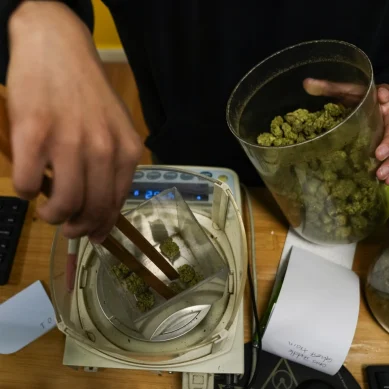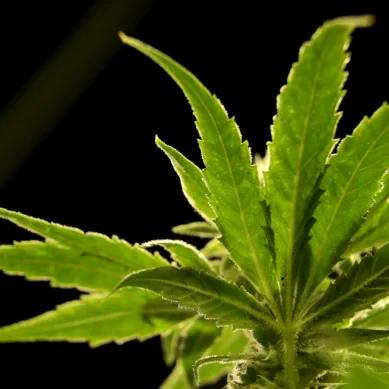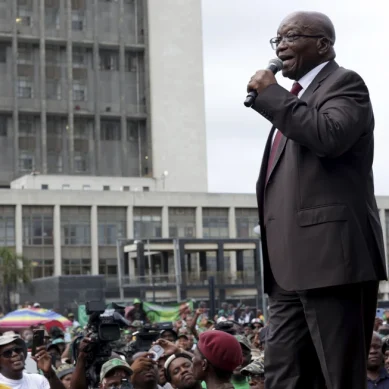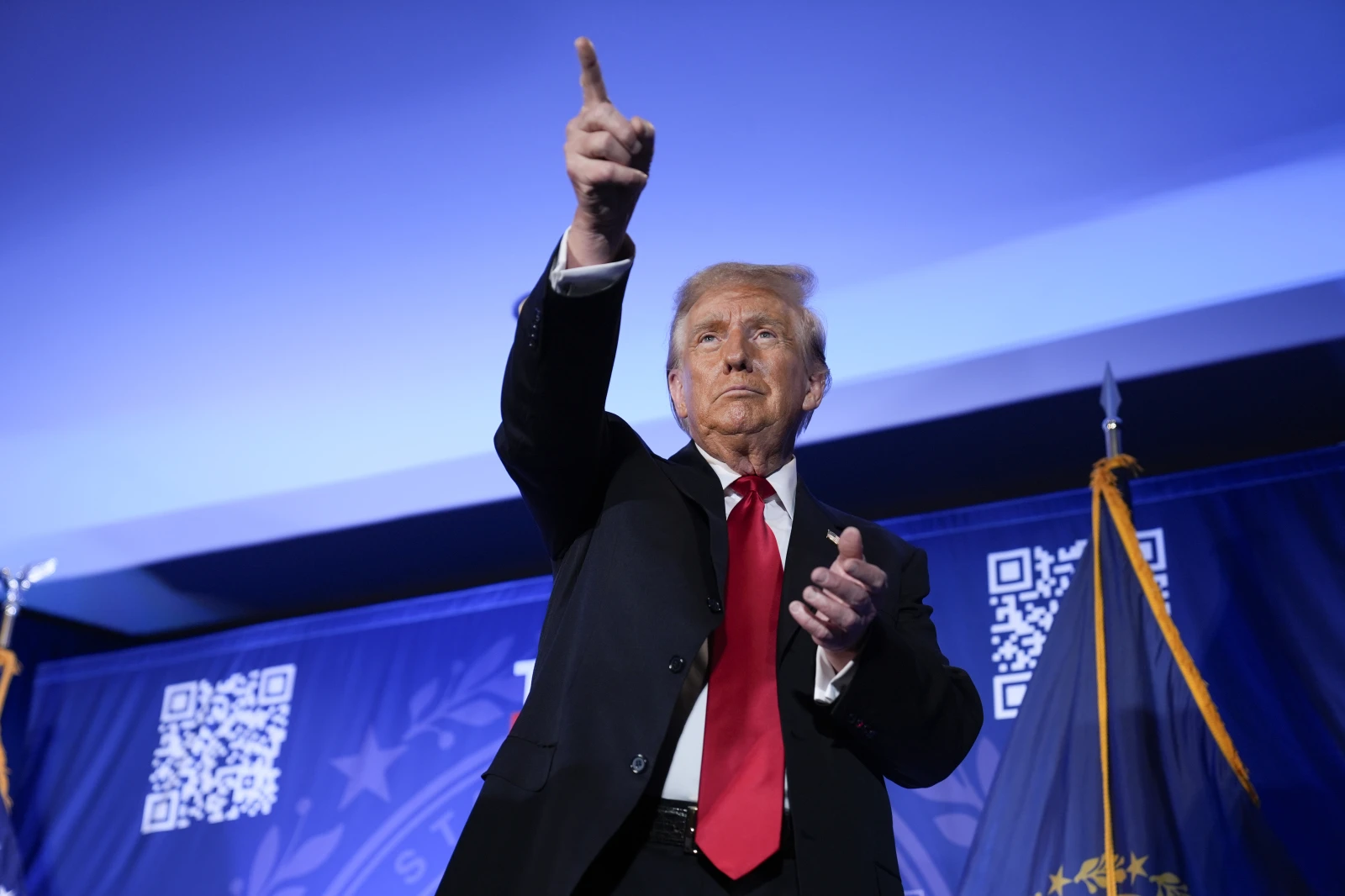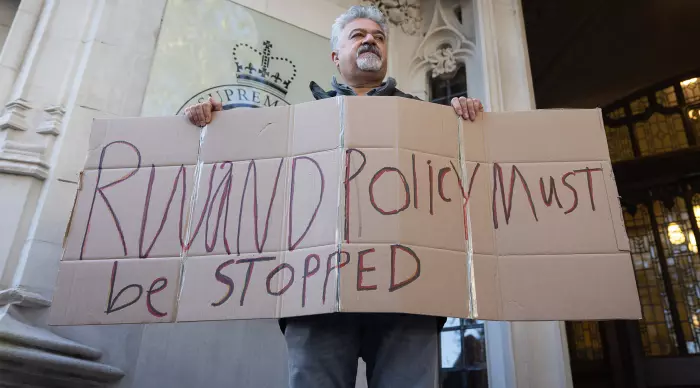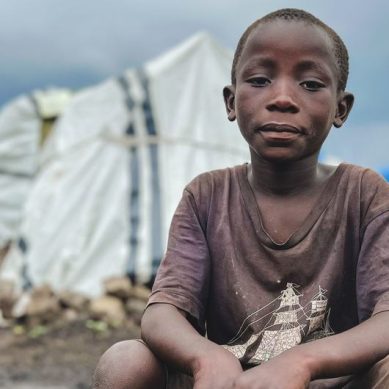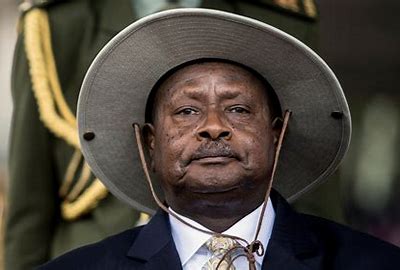
On June 8, 2022, Uganda Broadcasting Corporation (UBC), in an article Rare Earth Minerals Exploration in Busoga Subregion, reported that the Minister of Energy and Mineral Development urged locals in the Busoga sub-region to support government efforts geared at fostering social and economic development.
Hitherto Busoga had been reported by the National Resistance Movement (NRM) governments to be second to Karamoja in ‘poverty richness’. One would wonder how a subregion rich in poverty would support Uganda government efforts. But wait a minute.
In terms of money, yes, Busoga, once a prosperous subregion and Karamoja, are poor today. And given the way they are being governed under the NRM government in a very challenging century, the two subregions will enter the 22nd century extremely poor in financial resources if the governance strategy continues to be that of separating the people from their rich mineral resources.
There is no doubt that parading the poverty richness of Busoga and Karamoja ignores the fact that both Karamoja and Busoga are extremely rich in mineral resources. Parading the two subregions as ‘poverty rich’ is being accompanied by focusing the minds of the Basoga and Karamoja on the politics of NRM; or else on boda boda, sugarcane and leisure in Busoga and cows and security in Karamoja.
Busoga does not only have the largest freshwater lake in the world – Lake Victoria, which is not only rich in fish but also rare minerals in its basement rocks. Mainland Busoga is also one continuous mine of numerous minerals.
In another article I wrote that Busoga’s Gold reserves are far more extensive and richer that those of the Democratic Republic of Congo (DRC).
The article I have cited above reported that Busoga’s Rare Earth minerals include Cerium, Dysprosiumerbium, Europium, Gadolinium, Holmium and Lanthanum. These are essential for the manufacture of medical equipment, smart phones, laptops, electric car batteries among others.
Earlier, on October 6, 2013 updated on January 2, 2021, The Daily Monitor, in its headline article “New Minerals Worth Trillions discovered in Busoga Region” was the first to break the news to Busoga, Uganda and the rest of the world that rare earth metals existed in Busoga. It named aluminous clays, Yttrium, Gallium and Scandium.
Therefore, if God wholeheartedly gave Biblical King Solomon wisdom, which he asked for instead of riches, but ended up getting both wisdom and riches, He (God) also wholeheartedly gave Busoga mineral wealth, which the Basoga never asked for. Thus, if God loved the children of Israel and liberated them from slavery in Egypt, God who liberated the children of Israel has yet to liberate the Basoga from the fangs of financial poverty by putting their mineral wealth firmly in their hands.
However, it is said, and I have always evoked it at every opportunity that behind every problem is the problem of leadership. Busoga lacks the correct leadership to guide it towards claiming an appropriate slice of its mineral wealth within the context of the British-created Uganda.
Unfortunately, its current sociopolitics dominated by the NRM politics of exclusion, domination and exploitation, with a small overzealous, greedy and selfish, ethnically oriented-group seeking everything to itself stands as the greatest roadblock to Busoga sovereignty over its mineral wealth.
We now know that virtually every district of Busoga is a mine. However, the people in each district continue to wallow in financial poverty with little hope of escaping this type of poverty despite their mineral wealth. Busoga was demobilised first by the NRM – made Uganda Constitution of 1995, which strategically claimed that all the underground wealth belongs to government (in this case the NRM government. As if that was not enough, the Constitution placed the sovereignty over the resources in the hands of one man: the president of Uganda, in this case the long-ruling President, Yoweri Tibuhaburwa Museveni.
It also disempowered the Kyabazinga (Royal) institution, which used to have political power to decide and transferred all political power to the centre where the only one to make political decisions is the President of Uganda in whom all sovereign power is vested by constitutional design.
Meanwhile despite all cultural powers having been made the only ones the Kyabazinga now has, they do not put him in position to override the choices and wishes of the President of Uganda regarding activities and resources. The President, for example, decided that Busoga should be developed by him, not by or with the Basoga through money bonanzas.
So, he has reigned money-intensive schemes such as Bonna Bagaggawale, Myooga, Operation Wealth Creation and Parish Development Model as the only way Busoga can experience development, transformation and progress in the 21st century. Ultimately, the communities of Basoga have not only been impoverished financially, but have also been deradicalised, depoliticised, dissocialised and de intellectualised.
All this combined has meant that the Basoga become so docile and silent on matters of collective concern such as their minerals. The result is multifold: i) Foreigners from elsewhere, or those who were foreigners but have constitutionally made themselves Ugandans by virtue of having captured the instruments of power through the barrel of the gun, are using money, both private and public (through corruption) to buy up land established to contain minerals, thereby dispossessing Busoga and Basoga of their land and mineral wealth.
Some mineral wealth is being mined by Indians and Chinese, with the knowledge and, most likely encouragement, by the NRM government headed by President Tibuhaburwa Museveni. Some government heavy weights are said to be part of this economic conspiracy against Busoga and Basoga the natives helplessly look on.
If this socioecological, socioeconomic and sociocultural situation continues in Soga land, the Basoga will continue to sink further into the abyss of poverty and manifest more and more as foreigners in their own land. They will find themselves with no belonging. More and more of the young people will be more disconnected from the land and find themselves as a floating hapless population good only for domestic and foreign slavery. They will benefit nothing from the mineral wealth of Busoga.
The Daily Monitor of December 6, 2013 updated on 2nd January 2021 said that exploration of the rare mineral wealth of Busoga was already in advanced stages but financial worth stood at $370 (Ush942 trillion).
Moreover, there was a mineral conference had already taken place and brought together potential investors in the mining industry and auxiliary industries from different industries. There was no evidence to suggest Busoga, the real owner of the resources, was present at the conference to present its demands for mineral justice in the mining industry in terms of share of the proceeds from the mining industry.
Bugiri, Iganga and Mayuge, where almost 300 tonnes of rare earth minerals were discovered continue to spirally wallow in absolute financial poverty and are unable to meet their development plans, yet mining is going on behind their yet absent inquisitive voice. Total docility and silence reign. Their roads, health and education infrastructures are in dire state as others take all from the rare Earth mineral wealth. It is almost robbery of Busoga’s mineral wealth.
In another article of mine I wrote two years ago “Extremely Rich Busoga, Extremely Poor Busoga” I wrote:
“Busoga is like the Democratic Republic of Congo: Extremely rich with minerals but extremely poor financially and mind-wise. In fact, these days Busoga is publicly known to be the poorest region in Uganda. But we are not told that Busoga is actually the richest region in both Uganda and East Africa, and is only challenged in mineral wealth by some region in China”.
The EastAfrican weekly of July 27, 2022, in its article “Trillions in Busoga Gold? How about if we bank oil billions First? citing Uganda government sources, said Busoga has gold worth $ 10 trillion. But in the same article we learn that the gold wealth of Busoga is worth $12 trillion.
Government officials continue to say Busoga is poor because the people are lazy. But Busoga has now a new choice to rise to prosperity again: its mineral wealth. Perturbed by the NRM government exclusionary strategy to separate Busoga from its mineral wealth and then continue characterising the Basoga as lazy and adding that their poverty is self-generated, I wrote an article “Are the Poor and Needy of Busoga, Uganda responsible for their poverty?”, which was published in Watchdog a year ago. I wrote:
One thing is true. The Busoga of “too much poverty” is characteristic of the Movement Era” The Busoga of the distant past was next only to Buganda in prosperity. But we are talking of financial wealth. Busoga was financially rich. Today we know that Busoga is the wealthiest part of Uganda and, reportedly in the whole of East and Central Africa in terms gold – richer than DRC.
If a national leadership is interested in freeing Busoga from poverty of all type, it should be strategizing to transform Busoga to a new prosperity using its mineral wealth. But can we have a national leadership ready to work unselfishly to transform Busoga and, by extension, the whole of Uganda? We need God to guide us in identifying and developing such leadership towards 2050”.
If Busoga is to free itself from imposed poverty against the background of mineral wealth it must resist the situation it has been plunged into constitutionally and politically: A situation of helplessness and haplessness in a sea of plenty. It must free itself from political poverty. It must become politically active, not in the overwhelming politics of the NRM, which is enslaving, dispossessive, exploitative and dominating, but in the politics of freedom to decide in its own interests.
The current interest requiring the collective decision of Busoga is how to benefit as a region from our vast mineral wealth well in the future to escape from proliferating and penetrating financial poverty. If we wait to be developed and liberated from poverty by others it will never happen. Our interests are different from theirs. They want to be beneficiaries of what is not theirs.
We must begin by recognising that “Poverty is political. It is the result of decisions made by those who hold power – governments and corporations – and a broken economic system which generates increasing wealth and power for elites at the expense of the majority of people on this earth….The most effective way to end it is by taking collective action to challenge the structures of inequality and injustice. If we act together, a just, fair world is possible” (see War on Want, https://waronwant.org/poverty-political ).
We must reject human rights abuse, exploitation, domination, dispossession and exploitation through legitimising constitutional, political and economic processes that favour foreigners over the natives. Ours must remain ours and we must use our mineral wealth to negotiate terms that recognise that we are the owners of our mineral wealth.
Sugarcane, coffee or cotton will not liberate Busoga and Basoga from poverty but our mineral wealth will. However, this will not be unless we re-empower ourselves with the full knowledge that others will not empowers us because they are only targeting our mineral wealth for themselves. We must agitate for constitutional changes that re-empower Basoga vis-a-vis our resource base.
However, as Mwalimu Kambarage Nyerere once said, we are no free unless others are also free. Every region of Uganda must join Busoga and Basoga to agitate for a people-centred Uganda Constitution, instead of a one, which empowers only the President of Uganda.
The challenge is on those who say they are representatives of the people and who have played more as agents of impoverishment and enslavement by the policies and laws they have preferred. They must become pro-people instead of pro-NRM, pro-UPC, pro-DP, pro-FDC, pro-NUP or pro President Tibuhaburwa Museveni.
All these will go but the people will remain. They must remain with their mineral wealth to serve as the basis of their development, transformation and progress in the 21th century and beyond
For God and My Country.
- A Tell report / By Prof Oweyegha-Afunaduula, a former professor in the Department of Environmental Sciences of the Makerere University, Uganda
